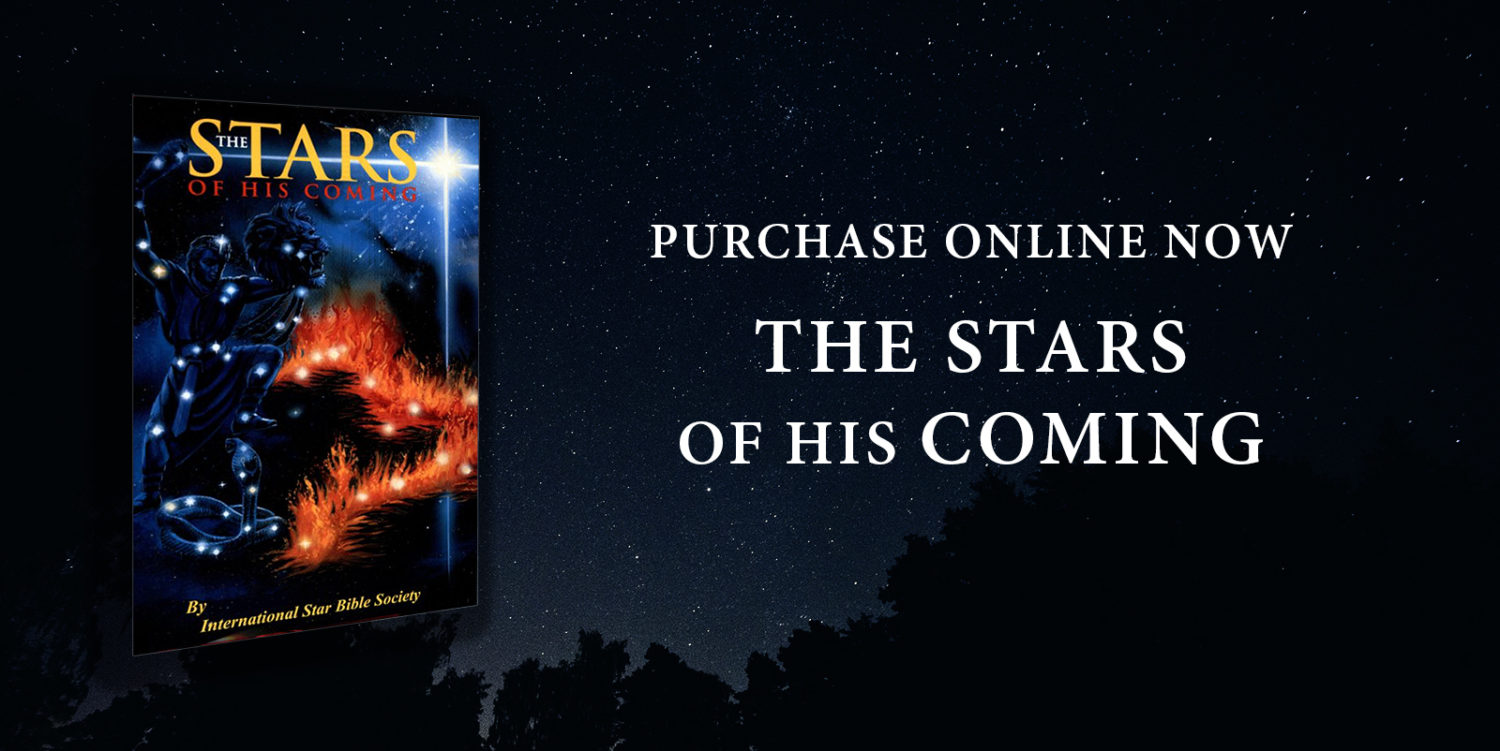The recent Russian occupation of the Crimea has prompted us to revisit the two largest meteor strikes in recent history, which both hit Russia.
On June 30, 1908 a meteor hit in the Tunguska region of Siberia. Everything within a 9 mile radius was incinerated, and trees were felled for a 25 mile radius. The meteor exploded in the air, and the blast was heard in Europe. Fortunately, there were no known injuries in the remote forest. The blast
was, however, a warning from God.
It turns out that the summer of 1908 was a critical time in the run up to World War I. The Russians were pursuing an expansive Black Sea policy focused on gaining control of the Bosporous from the Turks. In June of 1908 the British had agreed to support the Russians, and in the fall the Russians had obtained the support of Austria-Hungary in exchange for Russian support for their annexation of Bosnia. However, the Austro-Hungarians seized Bosnia but reneged on their promise to Russia, causing a deep enmity to arise between the countries. When the Austro-Hungarian heir to the throne was assassinated in Bosnia in 1914 the Austro-Hungarians reaped the bitter fruit of their annexation. The assassination fueled the animosity between Russia and Austria-Hungary and led directly to the onset of World War I.
The Russian meteor of 1908 was one of God’s warnings about the catastrophe which engulphed Europe in 1914. The meteoric warning and other voices warning
Europe of its dangerous militarism were ignored. Russia and Austria-Hungary, the two powers most to blame for the war, suffered upheaval and destruction of their social orders in the war. Had Russia heeded the warning in 1908, war could have been avoided.
On February 15, 2013 another meteor strike hit Russia, exploding with the force of a nuclear bomb near the city of Chelyabinsk. Again God spared life, but we noted that the Chelyabinsk area is the home of Russia’s nuclear facilities (See our Blog of 2/20/13 “Meteor Mania”). Russia has used its nuclear industry to aid the Iranians with their nuclear program, and so the meteor’s warning may have been directed toward Russian anti-Israel policies. However, the Russian annexation of Crimea points to an even more dangerous era of Russian Imperial expansion which was the potential to lead the world into war as it did in 1914.
In the midst of these warnings, look up in the sky after sunset tonight and find the constellation Auriga (The Shepherd) in the western sky. Auriga, a picture of a shepherd holding two kid goats, is associated with the zodiacal constellation Taurus (The Bull) which pictures the judgments which fall at the second coming of Christ. Auriga reminds us that God can protect his people even in the midst of catastrophe.
Remember also that the Blood Moons, promising grace and revival, are coming soon.

